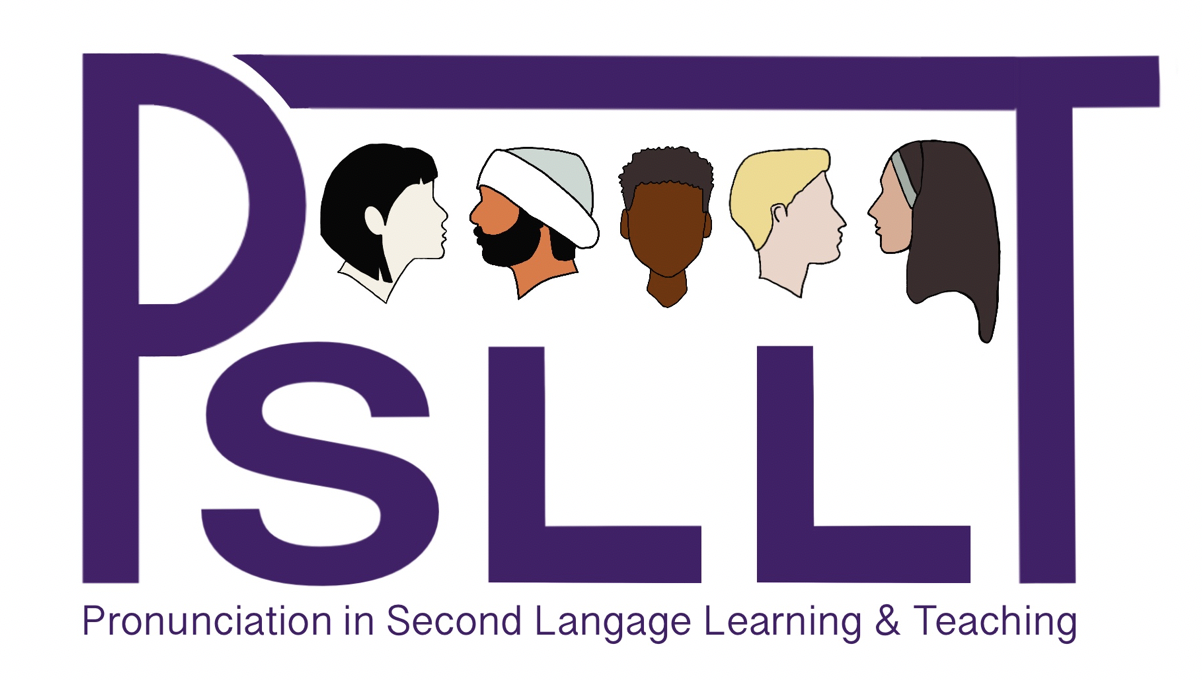Improving Oral Proficiency by Raising Metacognitive Awareness With Recordings
- Jessica S. Miller (University of Wisconsin)
Abstract
Audio technology such as podcasting may be an efficient tool to improve oral proficiency by exposing learners to more authentic input (e.g., listening to podcasts) and by giving them opportunities to produce substantially more output (e.g., creating podcasts). Combined with self-evaluation activities, voice recording technology can also contribute to metacognitive awareness, i.e., “the ability to reflect upon, understand and control one’s learning,†(Schraw and Dennison, 1994), an important component of the learning process (Swain, 1985). This exploratory study examines multiple learning activities in conversation courses designed to develop spontaneous second language (L2) oral proficiency. It also investigates learners’ perception of what is needed to improve. Data were gathered in two university L2 conversation courses: an intermediate German course, and an advanced French course. Some of the activities proposed in those courses employed voice recording technology and rubrics to enhance metacognition skills, while others did not. Preliminary results show that students gained from using audio technology and rubrics as they reported benefitting from paying more attention to their speech, which helped them correct their errors. Although not all favored those exercises, a vast majority acknowledged the need to be pushed in order to become proficient, no matter the activity in which they engage. Developing activities that enhance their Willingness To Communicate (McCroskey & Richmond, 1991; MacIntyre 2007) as well as their metacognitive awareness seemed to have a positive impact.
How to Cite:
Miller, J. S., (2012) “Improving Oral Proficiency by Raising Metacognitive Awareness With Recordings”, Pronunciation in Second Language Learning and Teaching Proceedings 4(1).
Downloads:
Download PDF
View PDF
